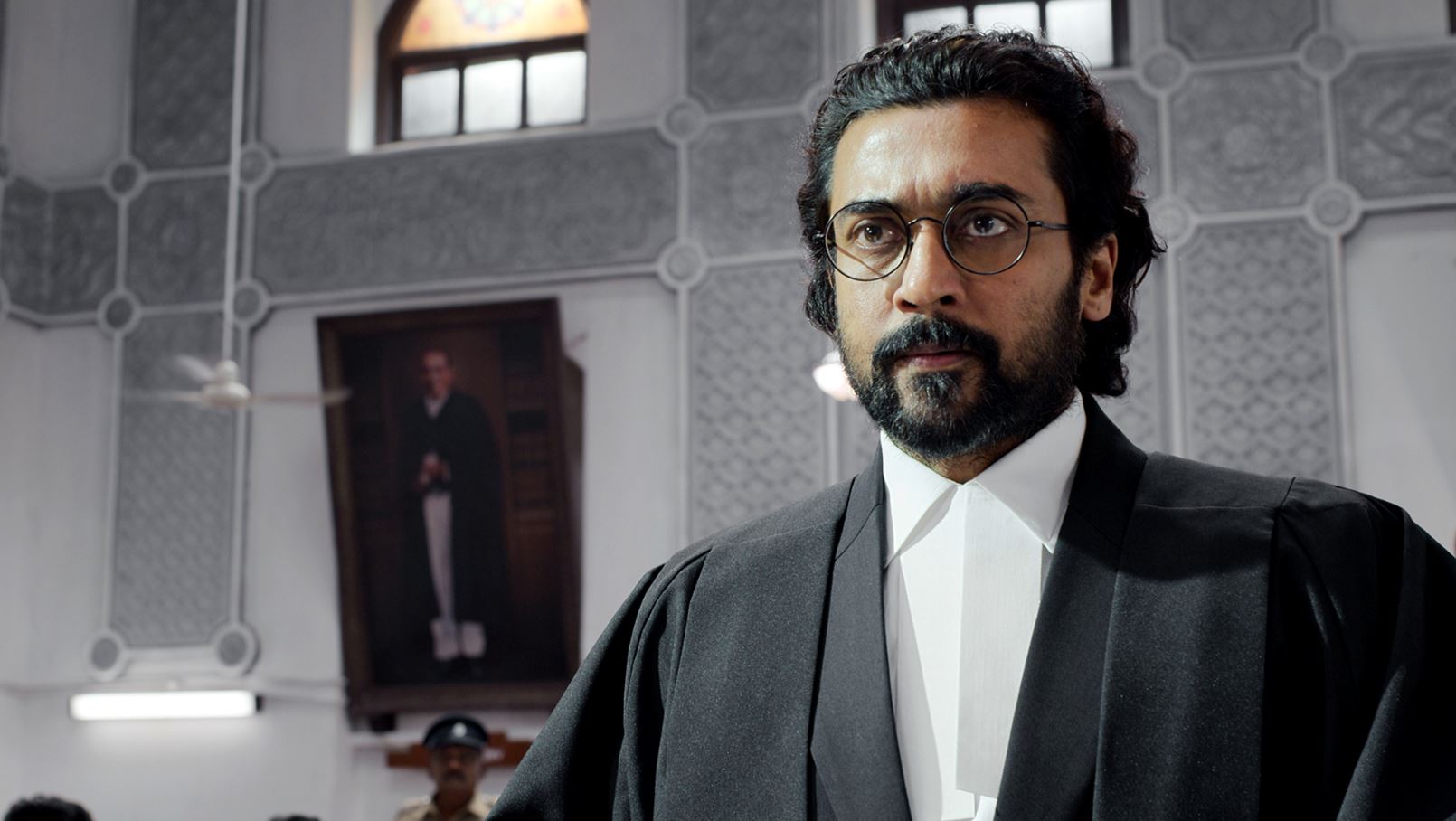‘Jai Bhim’ is not an easy watch. It leaves a mark on its viewers, like it did on me – a mark unlikely to heal soon. Watching it was an overwhelming and numbing experience; it opened my eyes to certain long-standing horrors of the world.
The Tamil film directed by T.J. Gnanavel, which released recently on Amazon Prime, is the first ‘political’ film I have watched. It revolves around the struggles of Senggeni (Lijomol Jose), a pregnant woman from the Irula tribal community, in seeking justice for her husband’s custodial death.
As a 14-year-old with an attention span of less than ten minutes, to sit through 164 minutes was a monumental feat. I was invested from the very opening scenes, and watched it as though I were a fellow traveller or character.
Advocate Chandru – played by Suriya and inspired by Justice K. Chandru from his time as a lawyer in the Madras high court – may have been one of the central characters of the film, but to me it was the little girl Alii who left the deepest impression. That too, without even speaking a word throughout the film. She represented the light that shines even in the darkest of times; a light that cannot be diminished by even the most brutal of forces.
Watching Alii go through various misfortunate events and milestones was heart-wrenching and heart-warming. I also looked at Sengani’s pregnancy as a metaphor – as the case progressed, so did the pregnancy.
It was horrifying to see how the police, who are supposed to implement the rule of law and uphold the constitution, were the ones twisting it to suit their own purposes. Watching the police play their plots and a judiciary pandering to the powerful, it felt like I was watching a horror film – even though I knew that the characters being depicted on screen were not imaginary and that the story was based on real-life experiences.
Alii could have had a normal childhood if not for her tribal identity. The hardworking man whom she knew as her father was beaten to death. The resilient, lively and hardworking woman she knew as her mother was made to suffer in a way that her hypnotising smile was erased forever.
I could see her fear in the smallest of things she did. Like every time a police officer was near, she would shift a little towards her mother. Her mother became her umbrella – even if she was worn out, she shielded Alii from everything and everyone.
As Senggeni started to lose faith in the law and in humanity, so did I. But that is when advocate Chandru’s character is introduced. Chandru plays the role of not just a typical hero for a story here, but something much more. He is a channeller – a channeller of the voices of the weak, unheard and marginalised; voices that are more often than not erased from public records and public memory.
This film visibilises the invisible. It was eye-opening to see the Irula tribe’s way of living, and the discrimination and injustices they face on a daily basis. Denying even the most basic civic rights to people is polar opposite to what a democracy should be.
The film is a bold and transparent depiction of real-life events. It does not come across as filtered and censored. The real world does not come with a filter, so why do we need to make it seem like it does?
In the end, after showing countless cruel acts on screen, the film somehow still manages to instil a sense of hope within its viewers. It made me believe – believe in a better future, believe in the power of truth, power of law. It made me believe in the power a single individual holds when he uses the law as a weapon to fight injustice.
But above all, the mark the film has made on me will remain. It is a mark that has made me feel the urge to join the fight against injustice and truth, to fight for those on the margins, and to keep the constitution alive and kicking.
Irene Khanum Sherwani is a 14-year-old who’s trying to find her place in the large scheme of things.
Featured image credit: Amazon Prime Video

